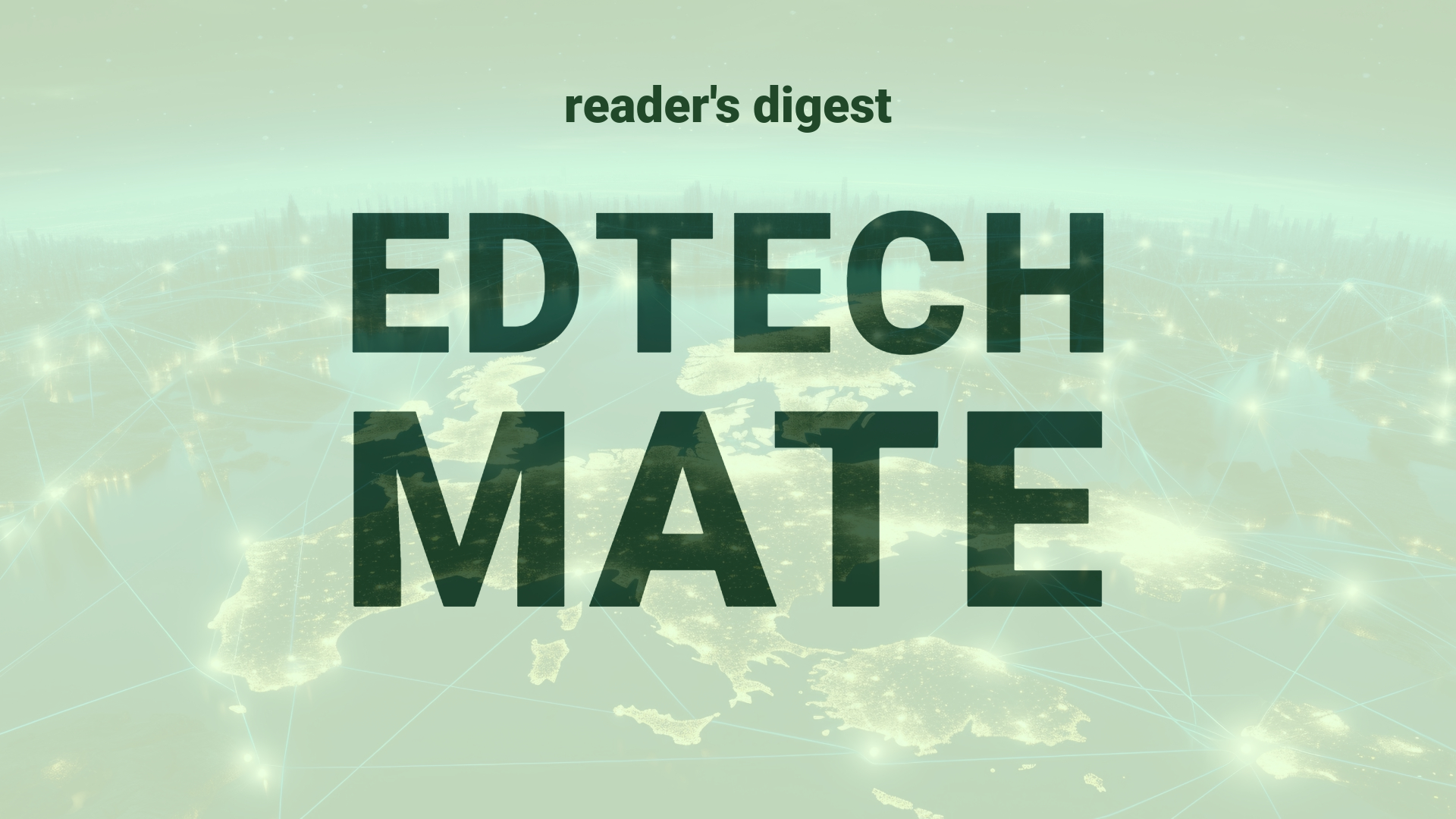Executive Summary and Main Points
In recent conversations regarding Artificial Intelligence (AI) in the workforce, prevailing myths have been debunked, revealing the counterintuitive narrative that AI has the potential to augment rather than diminish employment opportunities. Evidence suggests that AI-driven tools, such as ChatGPT, enhance performance for both novice and seasoned professionals alike by bridging skill gaps and increasing efficiency. Moreover, successful AI implementation is highly reliant on strategic leadership and directed training, dismissing the myth that workers can navigate AI adoption independently. It is also highlighted that integration of AI does not necessitate substantial IT infrastructure overhauls, given that AI advancements can be accessed through familiar platforms, like Windows 11 on HP AI PCs with Intel® Core™ Ultra processors. Contrary to concerns, AI PCs with reinforced hardware protections can offer superior defenses against emerging threats, including future quantum computing attacks. Lastly, the universality of AI benefits is underscored, with a call for businesses of all sizes to consider AI implementation with the support of expert tech providers to harness its full potential for innovation and efficiency.
Potential Impact in the Education Sector
The dispelling of prevalent AI myths directly informs and influences trends in Further Education, Higher Education, and Micro-credentials. The potential for AI to create jobs could result in novel career paths and academic courses, particularly those focusing on emergent AI technologies and their maintenance. As educational institutions grapple with the strategic deployment of digital transformation, leadership must guide both staff and students in integrating AI into their learning and administrative practices. The accessibility of AI through existing infrastructures facilitates an easy transition to enhanced educational platforms, likely spurring the adoption of digital tools like HP AI PCs for collaborative and independent learning. Furthermore, partnerships with technology providers like Intel may stimulate curricular advancements and research in AI optimization, ensuring that educational environments remain at the forefront of innovation and resilience against digital threats.
Potential Applicability in the Education Sector
AI’s applicability within the global education sector spans multiple innovative applications. For example, AI-powered tutoring systems can customize learning experiences, allowing for adaptive learning and performance-boosted outcomes. AI can also streamline administrative duties, enabling educators to dedicate more time to student engagement and high-impact teaching. In the realm of research, AI facilitates high-level data analysis and helps in solving complex problems, enhancing academic inquiry. The deployment of AI PCs with extended battery life and robust productivity features may transform classroom dynamics, fostering collaborative and immersive digital learning environments. Additionally, leveraging AI can support global education systems in creating secure platforms for remote learning, sharing scholarly resources, and protecting academic data integrity.
Criticism and Potential Shortfalls
Despite optimistic prospects, AI implementation across educational settings is not without its challenges. The risk of reliance on technology can lead to devaluing human mentorship and interpersonal skill development. Additionally, unequal access to AI technology may exacerbate educational disparities globally. Ethical considerations related to data privacy and the potential for biased AI algorithms represent significant concerns. International case studies reveal varying success in AI integration, with cultural and infrastructural differences impacting outcomes. For instance, advanced AI integration in South Korean education may not replicate effectively in less digitally developed regions due to disparities in infrastructure and digital literacy. Academic institutions must navigate these shortfalls carefully to ensure inclusive and ethical adoption of AI technologies.
Actionable Recommendations
International education leaders are advised to thoughtfully engage with AI technologies by pursuing strategic and equitable integration into the academic fabric. Institutions should start by developing AI literacy programs to ensure workforce readiness with an emphasis on the practical and ethical dimensions of AI use. Collaborating with tech providers to design tailored AI roadmaps can facilitate sound and bespoke AI integration. Further, investment in professional development for faculty on AI uses in pedagogy will maximize the benefits of digital transformation. It is recommended to establish international consortia focused on sharing best practices and resources, fostering inclusive and innovative AI utilization across diverse educational settings. Prioritizing cybersecurity with AI-enabled defenses and ethics will equip the sector for sustainable digital engagements, reinforcing global education’s commitment to both cutting-edge solutions and human-centric values.
Source article: https://www.cio.com/article/2512917/5-myth-busting-facts-about-ai-in-the-workplace.html

